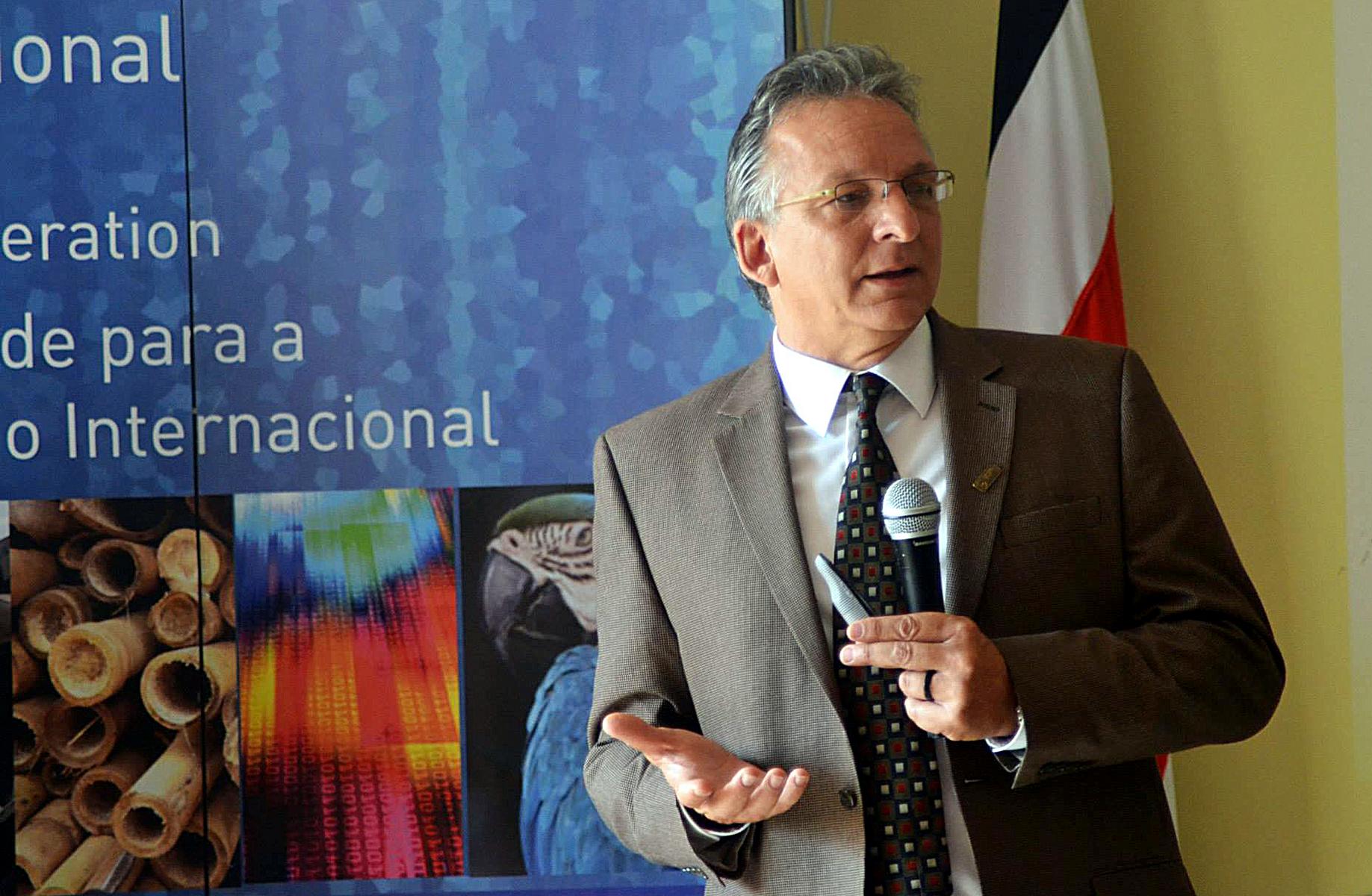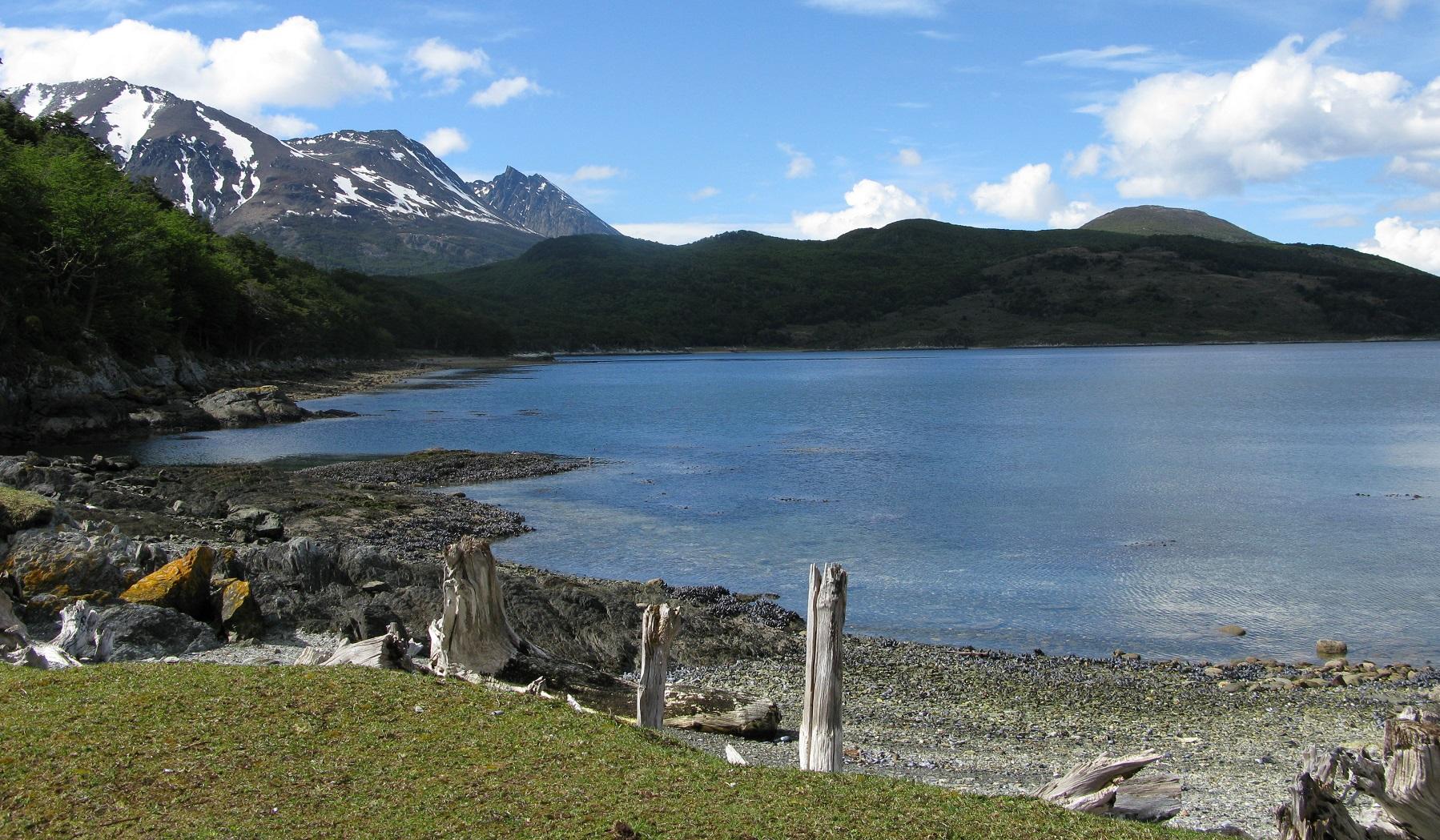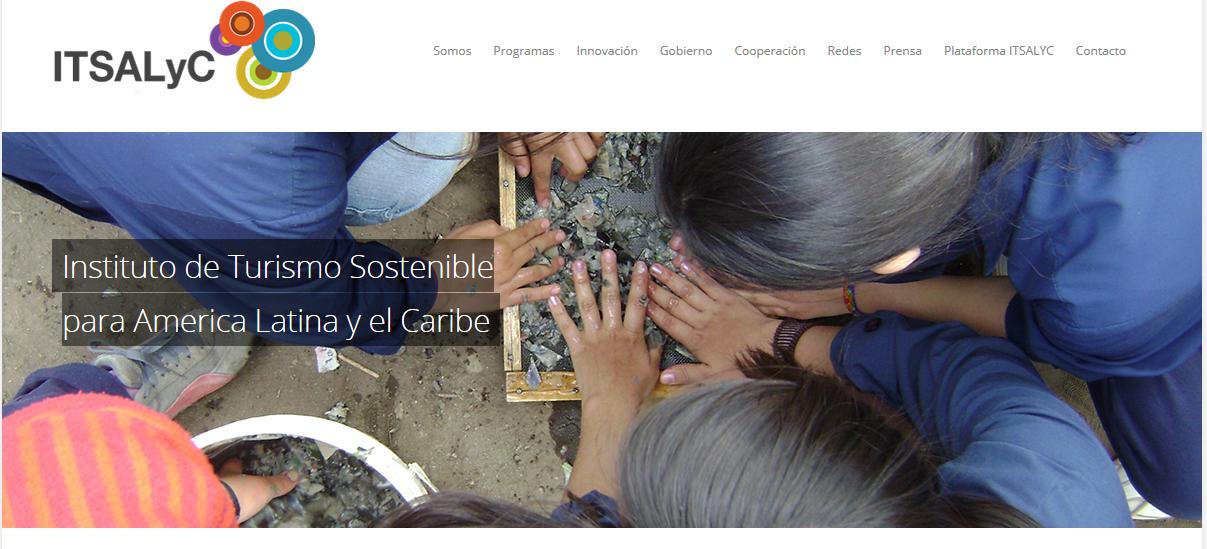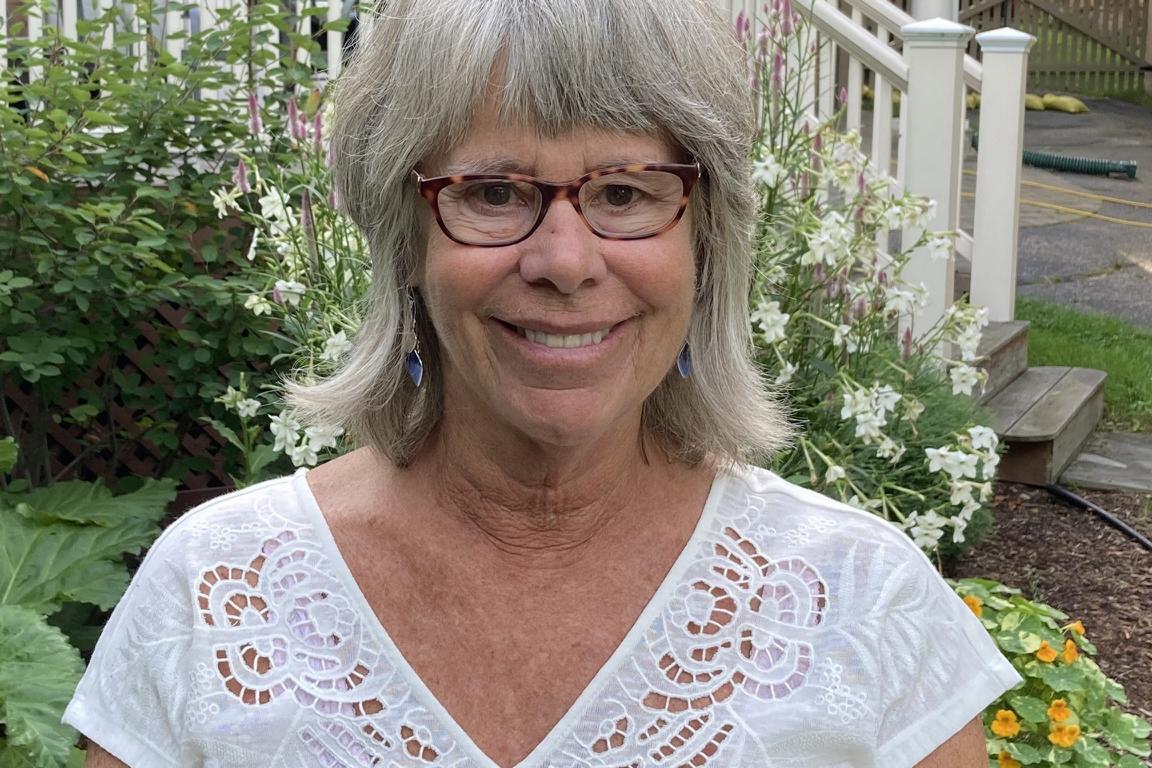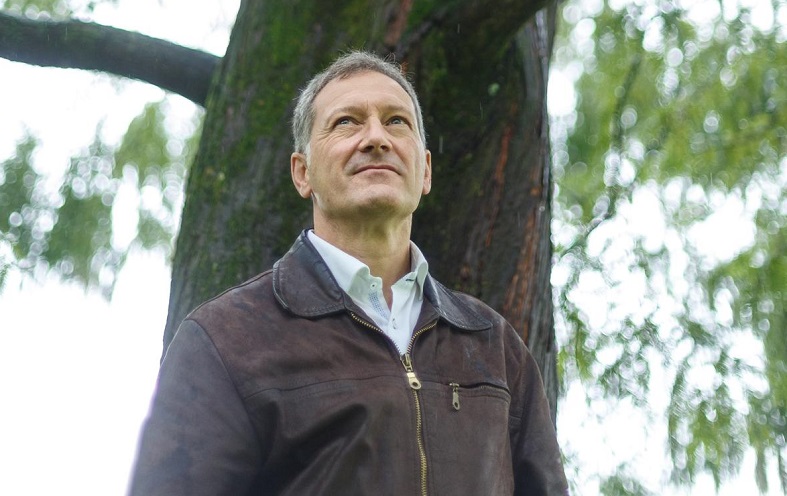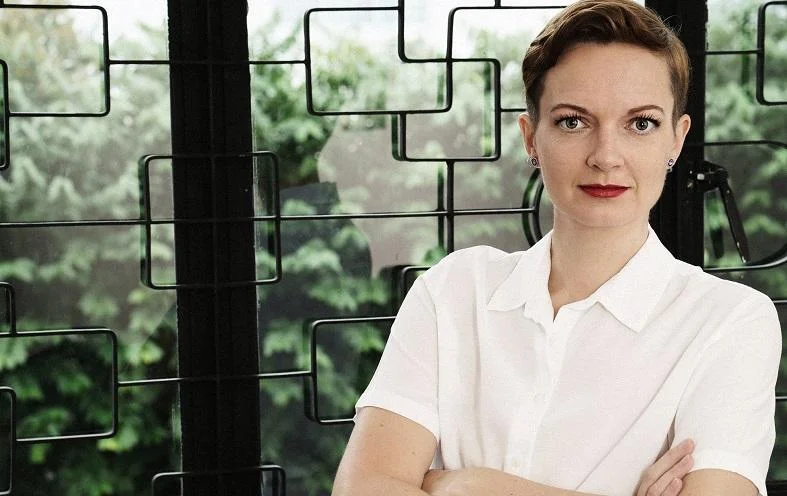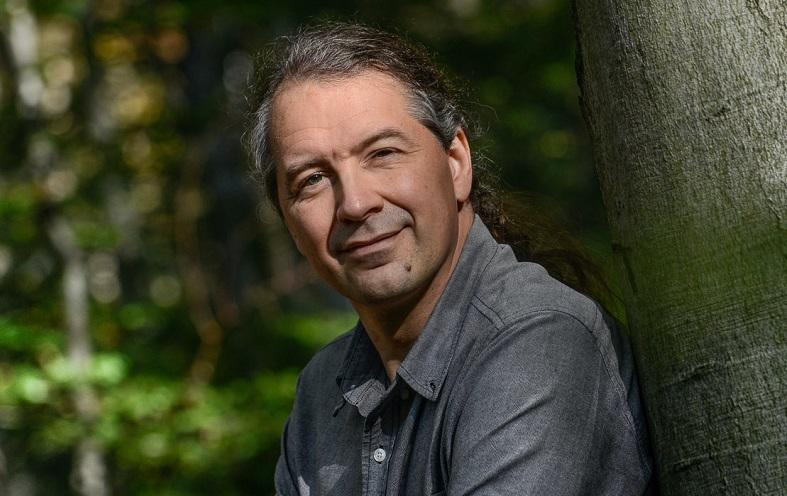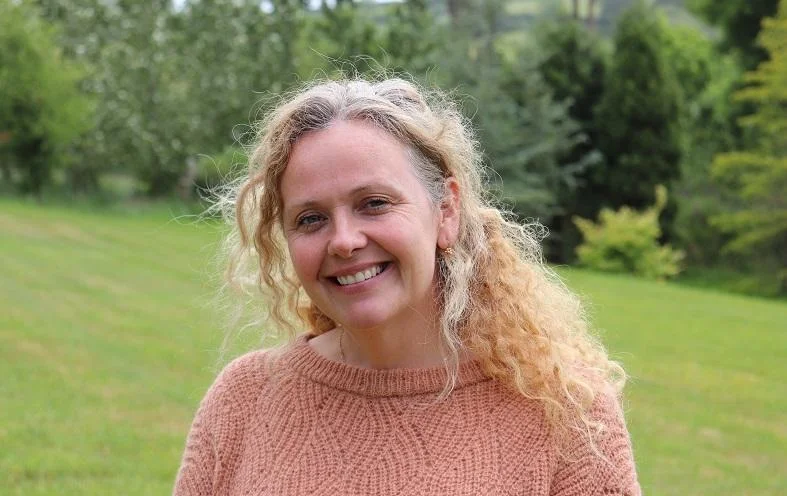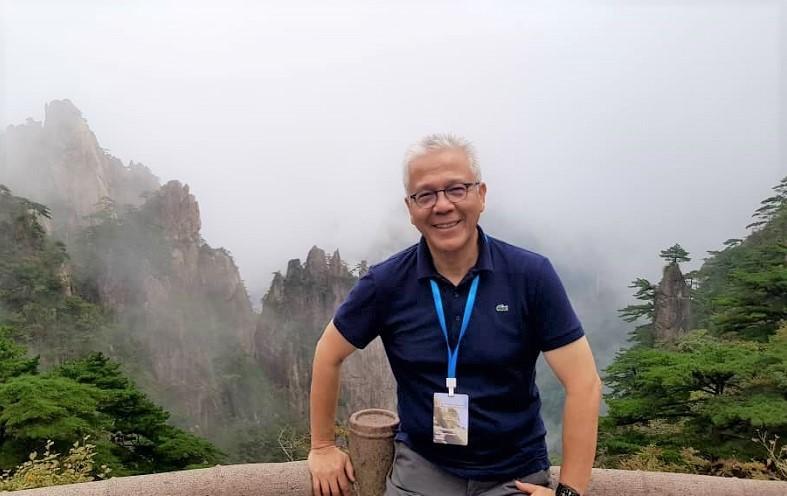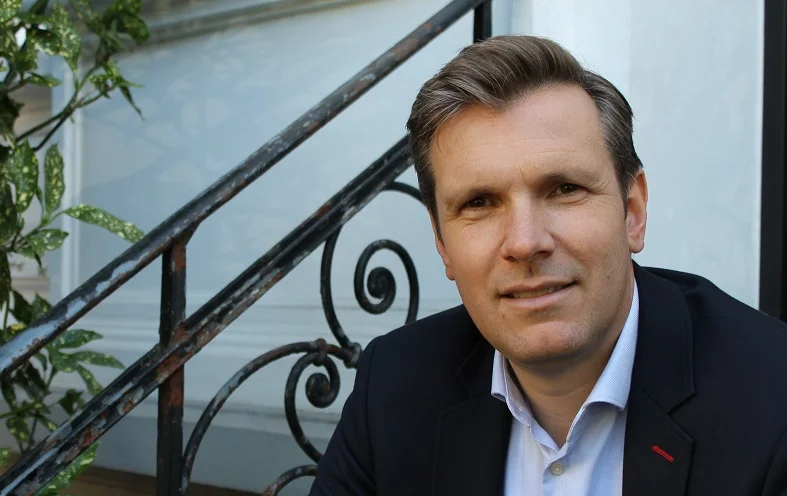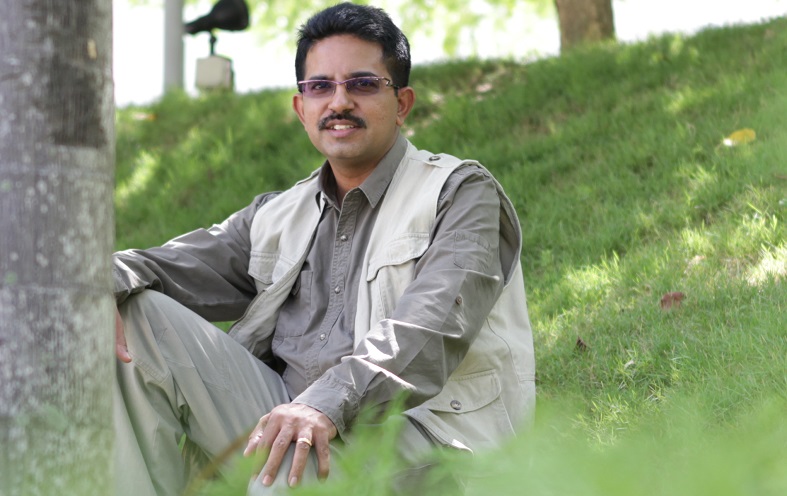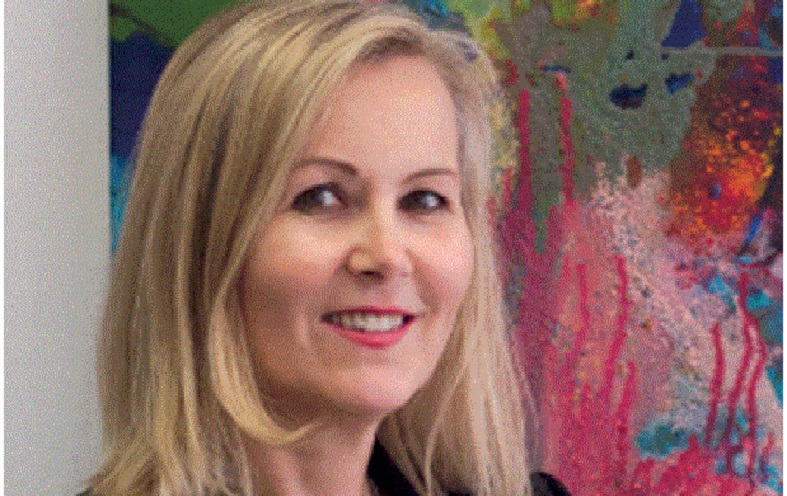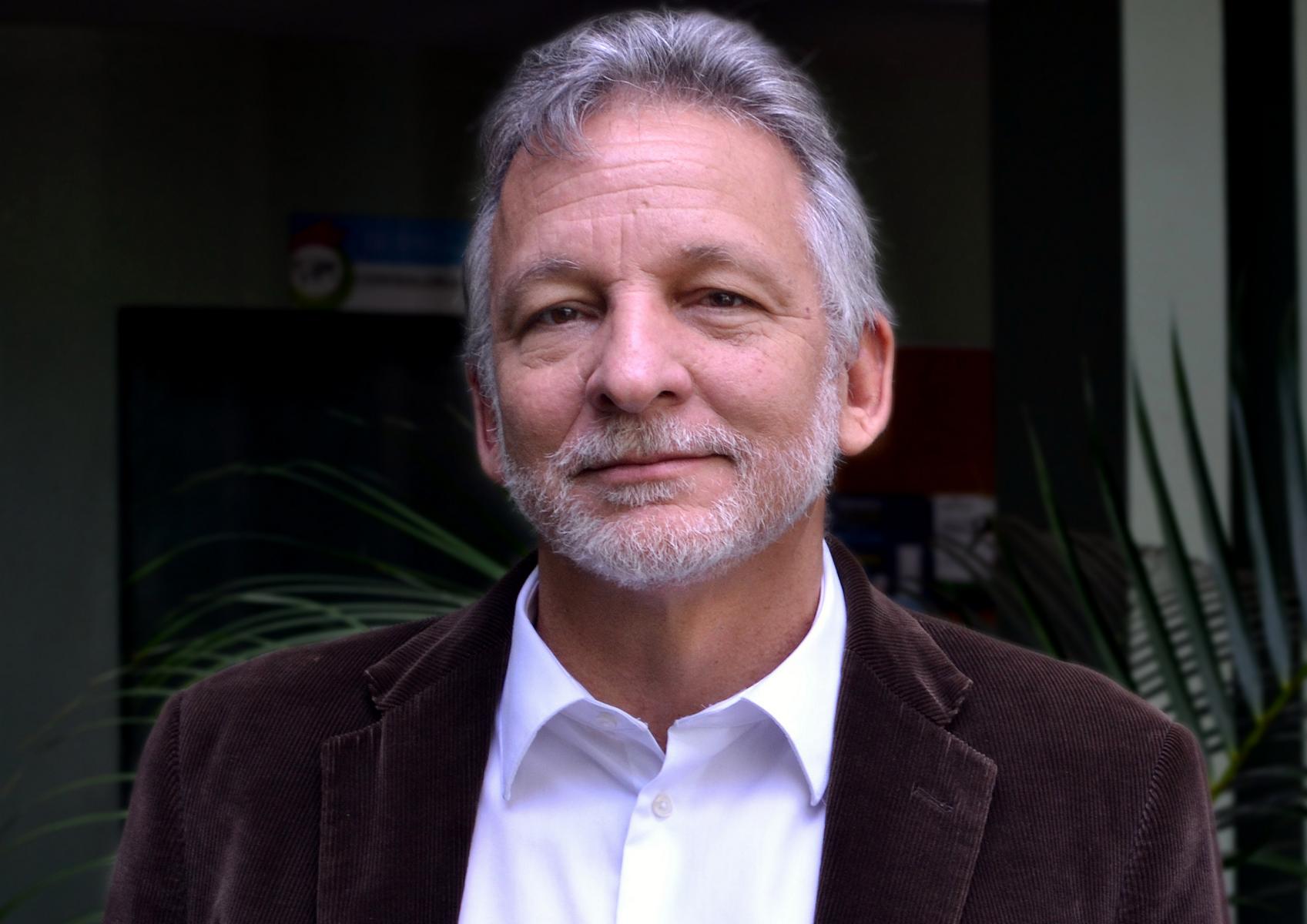
If our interviews with sustainable tourism thinkers, shakers and doers have taught us anything, then that the extent to which sustainable development is practiced and sustainability applied as business strategy varies considerably across world’s regions. While in Europe momentum for sustainable tourism is growing, Latin America still has a long way to go, as Eduard Mueller tells us in this interview.
Education is key to turn the laggard into an eager follower, and Professor Mueller has been a leading figure in educating and training Latin American tourism managers, entrepreneurs and future leaders through the University for International Cooperation.
Learn about:
- When and how Eduard Mueller discovered his passion for sustainability;
- How his view of sustainable tourism has changed over the years;
- His successes and challenges working for international organizations;
- The main reason why sustainability in tourism isn’t happening as fast as it should;
- Which book tourism professionals shouldn’t miss;
- The key to communicating the need for sustainability;
- What he’d do differently given the chance to start his career all over again.
Eduard, when and where did your sustainable tourism journey begin? When did you discover your passion for sustainability?
I have been working on sustainability since 1980, initially on systems approach for farm systems. In 1987 I started working with wildlife management around a protected area and was invited to become a member of the local advisory committee.
When I started, we had 3,000 tourists per year in our protected area. three years later we got to 36,000 tourists. This made me realize the importance of working on tourism and protected areas and the surrounding communities.
In 1996 I was director of a master’s program in ecotourism and by 1997 I launched a master’s degree in sustainable tourism management, which was delivered on-line to students all over Latin America. I also did a lot of consulting and training during 1997 and 2007, and have worked in over 10 countries.
Being native to a developing country and having lived in several different countries and continents and traveled throughout the planet, I was able to witness first-hand how the developing model imposed by the North has impacted so negatively all aspects of society in the South (Economy, Environment, Society, Culture, Politics and policy and Spirituality).
After the Rio meeting in 1992, I started actively working in holistic approaches, especially in education, which led me to found the University for International Cooperation in 1994, focused on “different” graduate programs to “recycle” professionals that were educated in a technocratic world that was leading us to global destruction.
Now, after 22 years of active negotiations within the Rio Conventions and no true curbing of biodiversity loss, climate change or desertification, I am working on regenerative development – which goes beyond sustainable development, which sadly cannot be achieved any more.
What was your view of sustainable and responsible tourism when you first started your professional career?
I always knew that it was difficult to achieve but had hope that we could convince the sector to move towards more sustainable projects and businesses. The biggest limitation was the governments from the many countries which I worked in. Most were convinced that mass tourism was the way to go, influenced by the big money that corporations put into their hands, legally and not. I find it difficult to attain sustainability in the all-inclusive unless you use very low indicators.
Has your view of sustainable tourism changed since then?
I see very little interest in sustainability from tourists – except some of the Europeans – and even less interest from the main tourism companies – including the Europeans. We worked on the baseline for sustainability certification which led to the establishment of the Global Sustainable Tourism Council, though I have not seen much progress in the number of tourists that actually demand certification or are truly concerned with their impacts.
There is still a great lack of understanding. Even in simple things as water, we still see hotels, restaurants and tourists that consider it “classy” to drink bottled water imported from France or Italy.
Looking back at your long career as a consultant for organizations such as UNDP, World Bank, UNESCO, CBD: What have been the most exciting tourism projects that you were involved in? What successes and challenges would you highlight?
One of the most interesting ones was the establishment of sustainable small-scale tourism in Tierra del Fuego and the Antarctic Province of Chile. We proposed to convert fishermen into tourism providers (actually had a few excellent success stories) since fishing was not a viable activity any more.
We did the zoning of the southern islands of Tierra del Fuego and Navarino Island and also influenced the development of tourism in Cape Horn and other islands. We took hotel owners and decision-makers to Galapagos to demonstrate how boat-based tourism was a booming business without the need to construct hotels on the islands.
We graduated a student in our master’s program, who was then appointed as provincial minister for tourism and worked with the national agency (SERNATUR), local government and businessmen in the design of a regional ecotourism policy, which was put into place by the Governor Eduardo Barros of the Antarctic Province.
The whole project was a huge struggle since all of the State agencies which we worked with where promoting concessions to wealthy investors from Santiago who were not exactly happy with our approach. We helped establish a UNESCO Biosphere Reserve (Cape Horn BR) to increase the chances of avoiding massive destruction of the fragile ecosystems that prevailed. We fought off salmon farmers that were supported by ministries.
After several years, corruption processes in the concessions and calls from lawyers threatening me with lawsuits made me move away.
In your view, which are the main challenges today regarding the sustainability of travel and tourism?
As long as tourists don’t require it, companies won’t comply, with the exception of those that are already doing their activity sustainably because of their principles.
As an expert of the UNESCO Man and Biosphere Program (MAB), how do you think this program has contributed to sustainable tourism development?
Biosphere reserves have great visibility if countries recognize them in their role. Many countries have Reserves without true implementation. Biosphere Reserves such as La Palma in Spain have benefited greatly, whereas others don’t even consider using the name and brand in the promotion and marketing process of their tourism activities. It all boils down to individuals who play active roles or not, at the local level.
What role does the University for International Cooperation (UCI) play regarding sustainable tourism? What impact has it had in Central America and beyond?
We offer one of the oldest programs in sustainable tourism management and have among our graduates, several dozen professionals from over 20 nationalities, who play active roles in their countries. We have co-founded the Instituto de Turismo Sostenible de América Latina y del Caribe.
Aside from formal training, we offer short (2-6 week) face-to-face courses, blended learning courses and online courses, including MOOCs, and currently have a steady activity in capacity development.
We work with governments to build capacity locally, we also have worked with local communities in several countries, as well as with indigenous communities. We do consulting work, such as evaluating projects in sustainable tourism (Ruta Verde – Central America and Belize, Ruta del Café in Nicaragua, and COOPRENA in Costa Rica – just to mention examples from regional to local).
It is difficult to attribute any development strictly to our work but I am sure that we have had a strong influence in promoting the concept of sustainable tourism throughout Latin America.
As an experienced international speaker, what do you think is key to communicating the need to engage in sustainability, with regard to all levels of civil society, and especially in the tourism sector?
I spent an important part of my time speaking to many different audiences, on themes ranging from global change to sustainability in tourism. I have seen these talks influence decisions and motivating groups to do things differently but more and more I doubt the efficiency of the process. More systematic approaches to follow-ups are required. Short training courses or talks cannot change mindsets. Longer-term engagement produces better results.
Nevertheless, I still accept invitations to speak in different places with the hope that I can induce change. The tourism sector is very receptive, except for the big companies.
We are now attempting more systematic approaches through ITSALyC, where we are constantly posting short notes on sustainability, moderate discussions and offer MOOCs [Massive Open Online Courses]. This has resulted in a large network of engaged people.
Which books linked to sustainability and tourism do you highly recommend?
 Some of the books I have recommended to students are:
Some of the books I have recommended to students are:
Martha Honey’s Ecotourism and Sustainable Development: Who Owns Paradise?
Sustainable Tourism: A Small Business Handbook for Success by Pamela Lanier
One important issue is language: there are not enough books that have been written or translated into Spanish.
To be honest, I mostly recommend papers, webpages and other on-line material that describes developments from a local perspective. Textbooks take several years to produce and it is almost impossible to incorporate the rapid changing world into this process (though I just finished authoring a chapter in a textbook..). I encourage students to use as many books as they can but I don’t have a preferred text-book.
Eduard, if you had to start your professional journey all over again, knowing what you know now about sustainability, what would you do differently?
I would not waste time with politicians or academics who mostly live in a different world or attending large international conferences. I would work more with youth, especially at the local level, mastering the use of web access and social media.
We need millions of knowledgeable and responsible consumers and producers to force government, corporate and even small business sectors to change. I don’t expect change to come voluntarily from governments, the UN system or corporations, at least not at the speed we need.
I would focus stronger on the spiritual component of development, using the Earth Charter or even Laudato Si.
Values and ethics have to be above economic data, projects have to focus on the legacy (long-term impacts for future well-being – of Earth, not only humans). We cannot solve our complex issues using the same tools and eyeglasses that got us into this mess.
The reductionist knowledge-based approach taught at universities still today is based on the false premise that a comprehensive understanding of the components of a system will allow understanding how a system works. This is so wrong. We need to develop a better understanding of interactions between system components, and to do this we need to develop the necessary tools and attitudes. Holistic or even systems thinking is now close to half a century old and still has not been adopted adequately.
Thank you, Eduard.
Connect with Eduard Mueller on LinkedIn.
Enjoyed our interview with Eduard Mueller on sustainable tourism development in Latin America? Spread the word!

